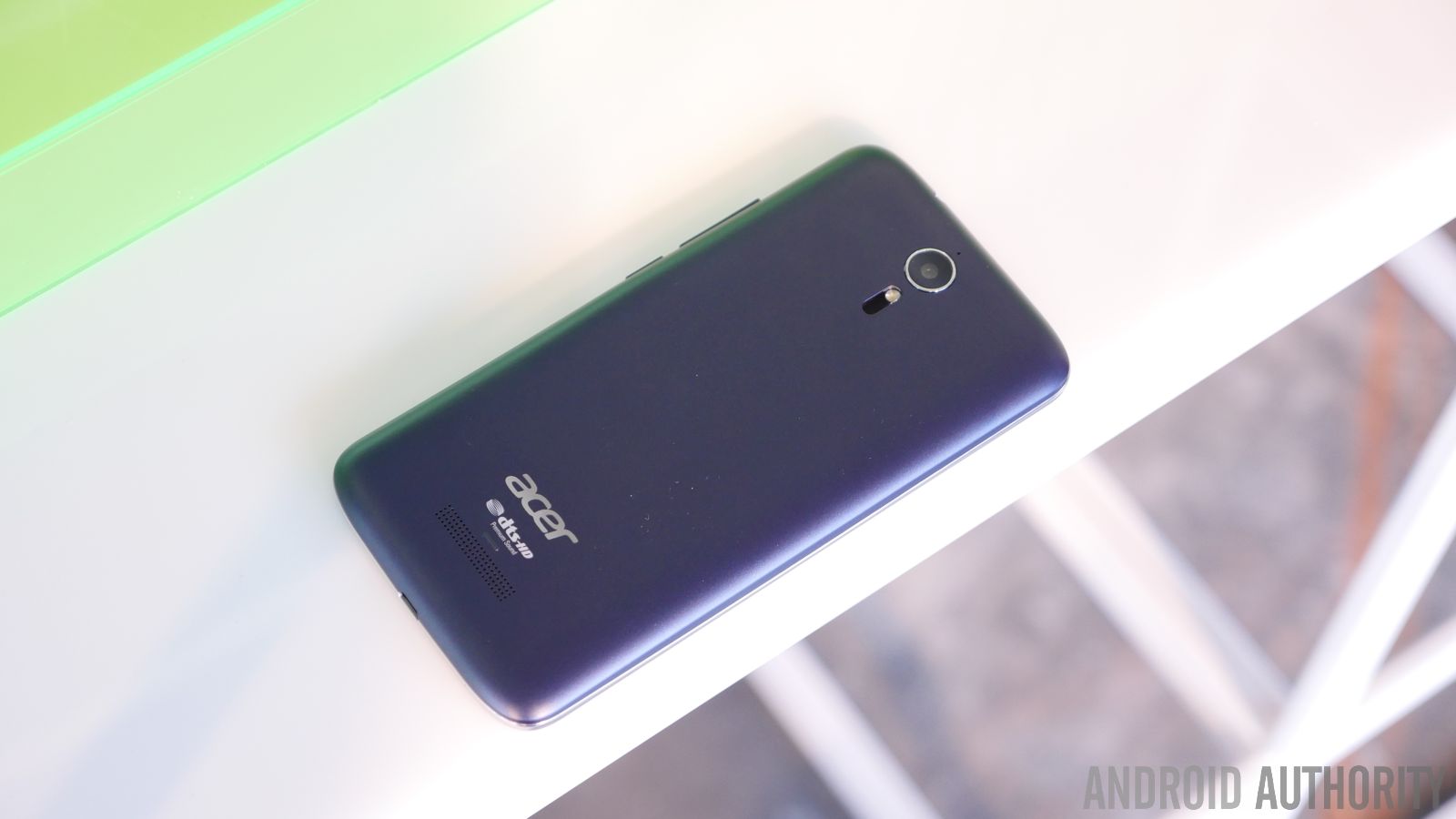Affiliate links on Android Authority may earn us a commission. Learn more.
2012 Acer-Alibaba incident may come back to haunt Google

The strong-arm tactics that Google employed against Alibaba and Acer four years ago could come back to haunt the creator of Android.
The Information’s Amir Efrati calls the 2012 incident where Google had Acer cancel a smartphone developed with Alibaba a potential “smoking gun” in Europe’s investigation into Google’s Android business.
According to an inside source consulted by Efrati, Google’s legal defense team is keenly aware that the incident could be used to prove that Google abused its dominant position in the mobile OS market.
The incident
Here’s how events unfolded back in September 2012.
Acer teamed up with Chinese e-commerce giant Alibaba to develop a smartphone called CloudMobile A800 that would run the Aliyun operating system.
According to Alibaba, Aliyun was a Linux-based operating system that had nothing to do with Android, except for using a number of open source libraries from Android.
Google said that Aliyun is actually an Android fork and reportedly forced Acer to cancel the device at the literal last minute – journalists showed up at the press event where the phone was supposed to be launched only to be told it was cancelled.
According to Reuters, Google threatened Acer with the withdrawal of its license to use Android. The justification was that Acer was a member of the Open Handset Alliance, whose terms specifically banned members from shipping devices based on Android forks.
A public exchange of accusations between the then head of Android, Andy Rubin, and Alibaba executives followed. Rubin said that Aliyun was an Android fork in disguise and even accused Alibaba of piracy; meanwhile, Alibaba countered by saying that it wanted to create an operating system that was truly open, unlike Android.
The potential fallout
In 2012, Google managed to get Acer back in line, and the incident was quickly forgotten. But the European Commission is unlikely to forget, or forgive.
Google is worried that the Acer-Alibaba affair will be used to surface a precedent – in the 2000’s, Microsoft was penalized by the European Commission for preventing manufacturers from pre-loading computers with browsers other than Microsoft’s Internet Explorer. In 2016, the European Commission could find that Google broke antitrust regulations in a similar way.
Google is already facing a record $3.4 billion fine over its Search practices, but the Android investigation is a separate charge. If found guilty, the company risks a hefty financial penalty, but the real risk is that Google will have to make major changes to the way it runs Android.